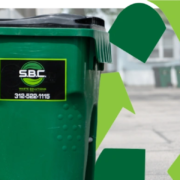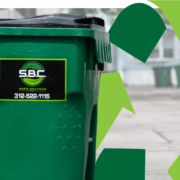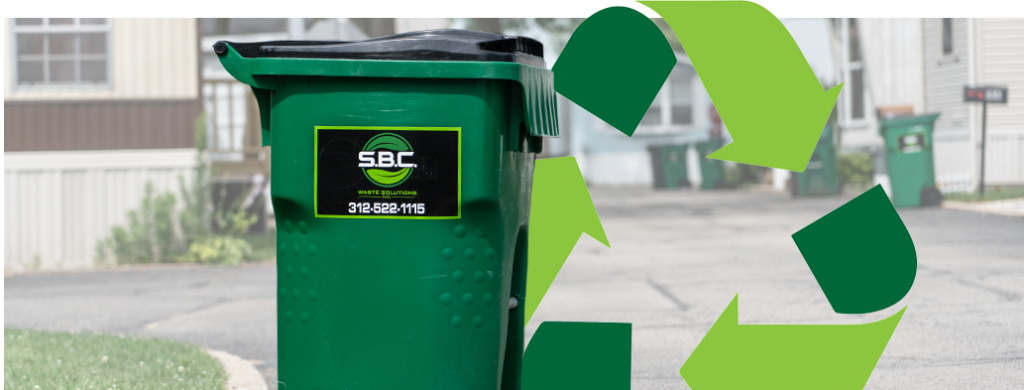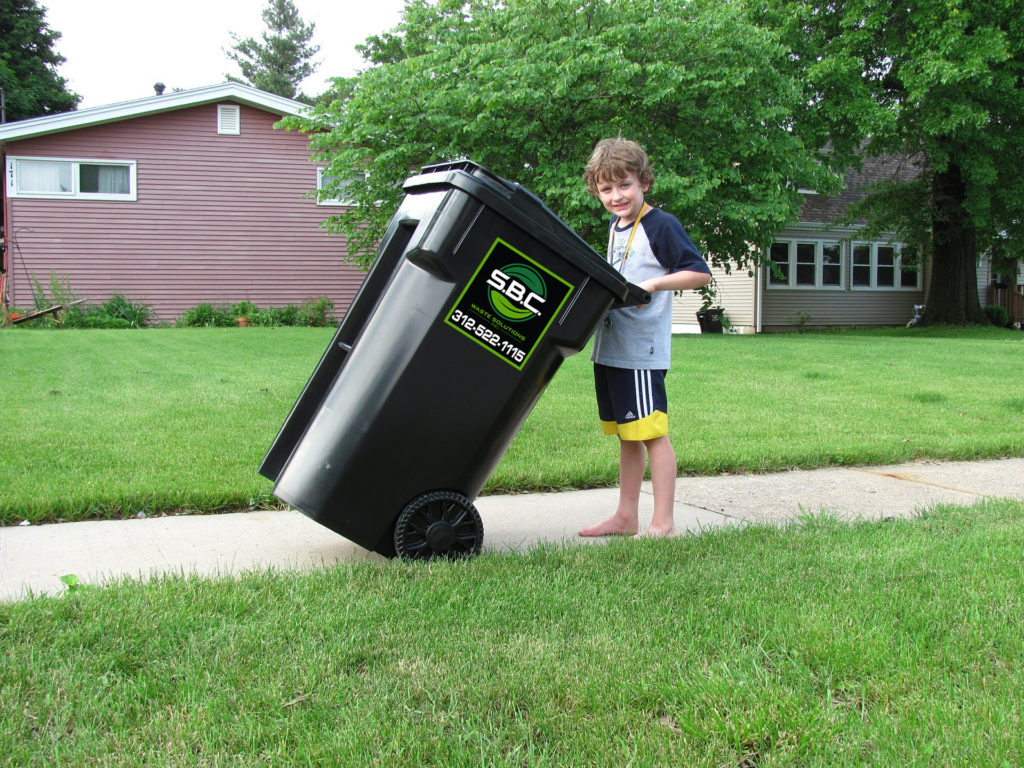Recycle Near Me
Stay Green and Clean: Guide to Recycle Near Me
In our world today, recycling is no longer just a buzzword; it’s a vital part of the efforts to preserve our planet for future generations. We all play a crucial role in this process, whether we’re individuals at home or businesses in the community. This guide aims to help eco-conscious consumers, community members, and local businesses make informed decisions about utilizing nearby recycling services. You’ll discover why local recycling is essential, how to locate recycle near me, and the benefits it brings to both the environment and the economy.
The Vital Role of Recycling
Recycling is more than just a way to manage waste; it’s a key player in environmental conservation. By diverting waste from landfills, we reduce the greenhouse gases that contribute to climate change. Recycling also conserves natural resources, saving energy and water in the process. Beyond the environmental impact, recycling fosters a sense of responsibility and care for the Earth, reminding us that our actions have direct consequences on the planet.
Understanding the big picture of recycling’s impact can motivate us to participate more actively in recycling programs. The statistics are compelling—by recycling one ton of paper, we save 17 trees, 7,000 gallons of water, and 4,100 kilowatts of electricity. These numbers translate into tangible benefits that make a significant difference over time.
Being aware of recycling’s importance encourages us to become more conscious consumers, choosing products with recyclable packaging and reducing our overall waste. This mindset shift is crucial for creating a sustainable future, one where recycling becomes a natural part of our daily routines.
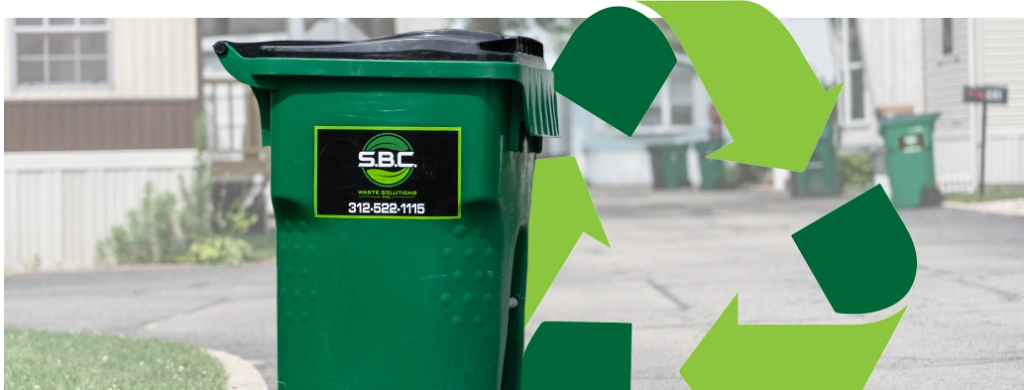
Local Recycling Center
Why Local Recycling Services Matter
Choosing local recycling services over traditional methods offers numerous advantages, both for the individual and the community. Local services mean shorter transportation distances, which reduces the carbon footprint associated with moving recyclables. This directly contributes to a decrease in emissions, helping to combat climate change on a local scale.
Additionally, local recycling services foster stronger community ties. By engaging with nearby providers, community members can participate in initiatives and events that promote environmental awareness. This sense of community involvement enhances the overall effectiveness of recycling efforts, as people are more likely to participate when they feel connected to a broader purpose.
Furthermore, supporting local recycling services boosts the local economy. These services create jobs, providing employment opportunities for residents and stimulating economic growth. It’s a win-win situation where environmental goals align with economic benefits, strengthening the community as a whole.
Researching Recycling Services in Your Area
Finding the right recycling services in your locality can be made easier by leveraging online resources and local directories. Start with a simple internet search for recycling services in your area, which can yield a variety of websites and platforms that list available options. Websites like Earth911 or RecyclerFinder allow you to input your zip code to discover nearby recycling facilities and their accepted materials. Additionally, local government websites often provide updated information on waste management services, including recycling guidelines and calendars for collection days.
Don’t overlook community resources such as social media groups or neighborhood apps, where residents often share their experiences and recommendations for local recycling services. Local directories, such as Yelp or Yellow Pages, can also provide insights into the reputation and reliability of these services, along with user reviews and ratings. By harnessing these resources, you can make informed choices about which recycling services will best fit your needs and contribute effectively to your community’s sustainability efforts.
What to Recycle
Understanding what items can be recycled is key to effective participation in recycling programs. Common household items that can be recycled include paper, cardboard, glass bottles, aluminum cans, and certain plastics. Each of these materials requires specific handling to ensure they are processed correctly.
For paper and cardboard, make sure to remove any non-recyclable components such as plastic windows or wax coatings. Glass bottles should be rinsed and free of caps, while aluminum cans need to be empty and clean. Plastics are a bit trickier, as not all are recyclable. Check the number inside the recycling symbol to determine if your local center accepts that type.
Electronic waste, or e-waste, is another category to consider. Items like old computers, cell phones, and batteries contain hazardous materials that require special disposal. Many recycling centers offer e-waste recycling, helping to keep harmful substances out of landfills and the environment.
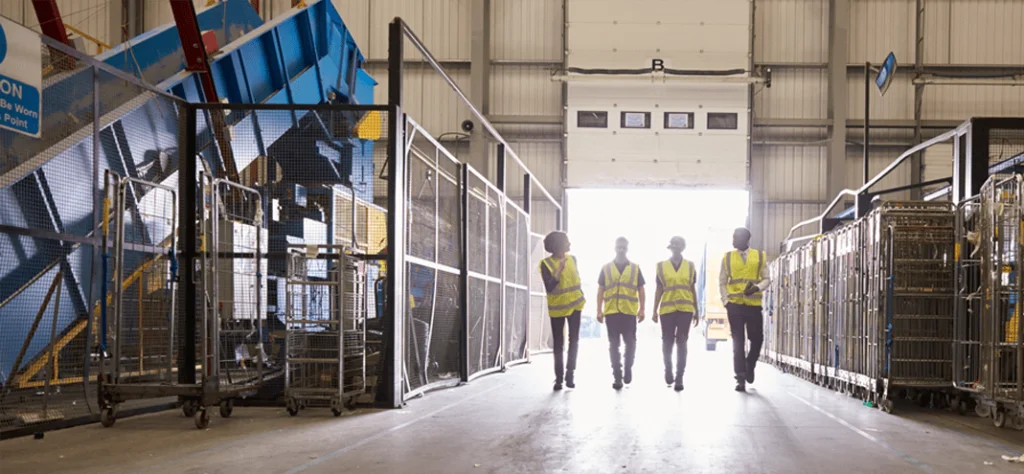
Recycling Company
Benefits of Recycling
The positive effects of recycling extend far beyond the environment, impacting communities and economies as well. Recycling reduces the amount of waste sent to landfills, conserving space and lowering the potential for pollution. This helps protect local ecosystems and wildlife, preserving the area’s natural beauty for future generations.
Economic benefits are also significant. Recycling creates jobs in collection, processing, and manufacturing, driving economic growth. It generates revenue from the sale of recyclable materials, which can be reinvested into community programs and infrastructure.
Socially, recycling promotes a culture of responsibility and care for our surroundings. It encourages individuals to consider their consumption habits, leading to more sustainable lifestyles. When communities come together to support recycling initiatives, they build a shared sense of purpose and pride.
Alternative Options
While traditional recycling centers are essential, alternative methods like curbside pickup and drop-off locations offer added convenience. Many municipalities provide curbside recycling services, where residents can leave their recyclables at the curb for regular collection. This service simplifies the process, making it easier for people to participate.
Drop-off locations are another option, often situated in convenient areas like grocery stores or community centers. These sites accept specific items, such as plastic bags or batteries, that might not be collected curbside. Utilizing these facilities helps ensure all recyclables are processed correctly, reducing contamination and improving recycling rates.
Some local businesses and organizations also offer specialized recycling programs for unique items. For example, clothing stores may accept old textiles for recycling, while electronics retailers might have take-back programs for outdated devices. Exploring these options expands your ability to recycle beyond the basics.
Recycling Guidelines
Following proper recycling guidelines is crucial for ensuring materials are processed efficiently. Start by sorting recyclables into categories like paper, plastics, and glass. This prevents contamination, which can render entire batches of recyclables unusable.
Cleaning items before recycling is also important. Rinse food containers and remove labels to minimize contamination. This step helps maintain the quality of the materials and supports the recycling center’s processes.
Stay informed about your local recycling guidelines, as they can vary by location. Some areas may require specific sorting rules or exclude certain materials. Regularly checking with your service provider ensures you’re recycling correctly and contributing effectively to the community’s efforts.
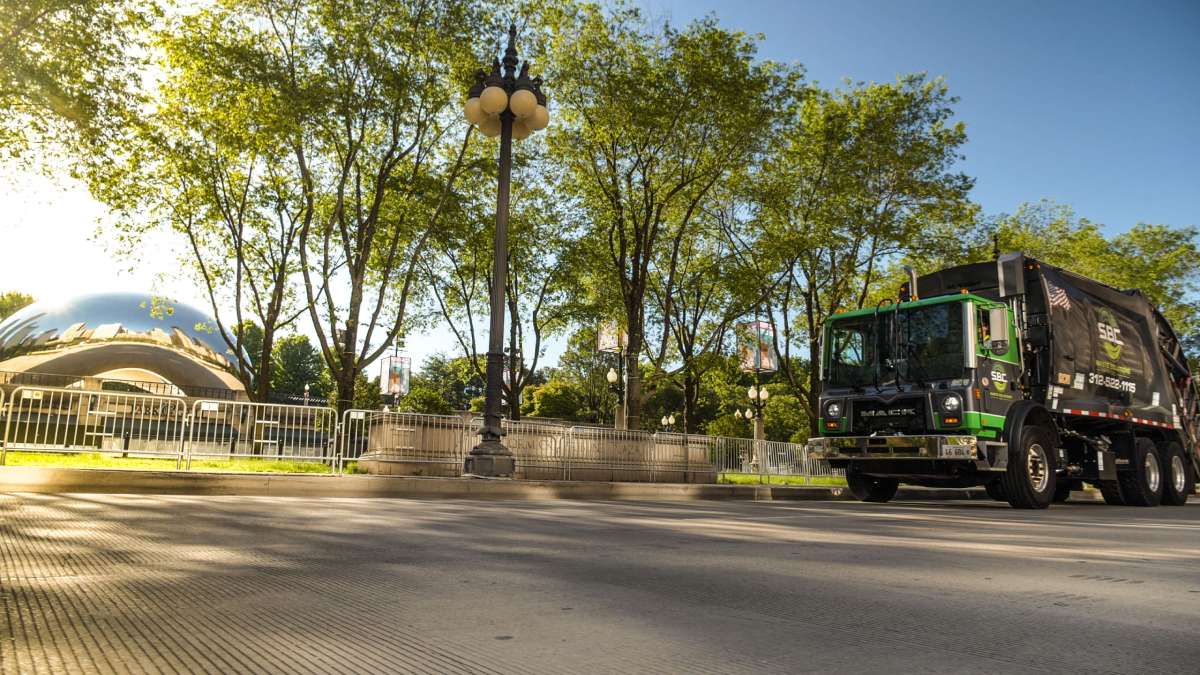
Benefits of Recycling
The Importance of Reducing and Reusing
While recycling is essential, reducing and reusing items should be the primary focus to minimize waste. Reduce your consumption by choosing products with minimal packaging and opting for reusable alternatives, such as cloth bags or stainless-steel water bottles.
Reusing items extends their life cycle, reducing the need for new resources. Get creative with how you repurpose items around your home. Glass jars can become storage containers and old clothes can be transformed into cleaning rags.
By prioritizing reduction and reuse, you decrease the demand for new materials, conserving natural resources and energy. This approach complements recycling efforts, creating a comprehensive strategy for sustainable living.
Supporting Local Businesses
Utilizing nearby recycling services not only benefits the environment but also supports local businesses. These enterprises provide essential services that keep communities clean and sustainable, contributing to the local economy.
Choosing local services fosters community relationships, as residents engage with businesses dedicated to environmental stewardship. This partnership strengthens the community’s overall resilience and commitment to sustainability.
Additionally, local recycling centers often collaborate with other businesses, such as manufacturers or retailers, to create closed-loop systems. These partnerships reduce waste and promote the use of recycled materials in new products, driving innovation and sustainability.
The Importance of Choosing Local Recycling Services with SBC Waste Solutions
In today’s world, where environmental concerns are becoming increasingly pressing, opting for local recycling services is a simple yet profound way to make a positive impact. By turning to local providers like SBC Waste Solutions, individuals and communities can leverage several advantages that go beyond traditional recycling methods. From reducing carbon footprints to strengthening community bonds, the benefits are manifold.
Reducing Carbon Footprint
One of the most significant benefits of choosing local recycling services is the reduction in transportation distances. When recyclables are collected and processed locally, it minimizes the need for long-haul transportation, which is a major contributor to greenhouse gas emissions. This reduction in emissions is crucial in the fight against climate change, as it helps to lower the overall carbon footprint on a local scale. By supporting SBC Waste Solutions, you’re not just recycling; you’re actively participating in a movement to make your community greener and more sustainable.
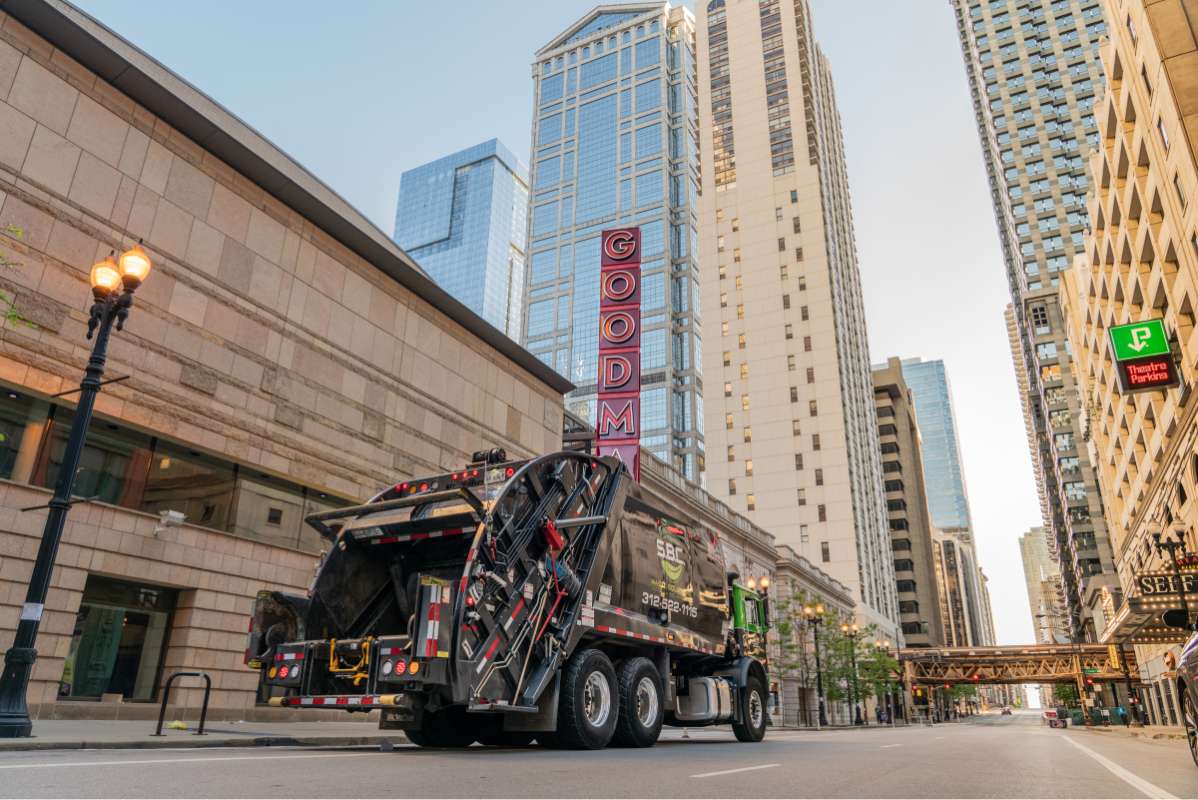
Local Recycling Company
Building Stronger Community Ties
Local recycling services also play a pivotal role in fostering community connections. By engaging with nearby providers, residents have the opportunity to participate in various events and initiatives that promote environmental awareness. These activities often include workshops, clean-up drives, and educational programs that bring people together under a shared mission of ecological stewardship. This sense of community involvement is powerful—it increases participation rates because people feel they are contributing to something larger than themselves. With SBC Waste Solutions, you’re not only supporting local recycling but also becoming part of a community dedicated to preserving the environment.
Boosting the Local Economy
Supporting local recycling services like SBC Waste Solutions contributes significantly to the local economy. These services create jobs, offering employment opportunities for residents and fostering economic growth. By choosing local over larger, impersonal services, you’re helping to keep money within your community, facilitating a cycle of economic prosperity. This alignment of environmental goals with economic benefits means that as you help the planet, you’re also supporting your local economy—a true win-win situation.
Why Choose SBC Waste Solutions?
SBC Waste Solutions stands at the forefront of promoting sustainable living through effective recycling services. With a commitment to reducing environmental impact and enhancing community engagement, SBC Waste Solutions provides tailored recycling programs that cater to the specific needs of local residents. Their dedication to sustainability, coupled with a robust framework for community involvement, makes them an ideal choice for anyone looking to make a difference.
Conclusion
In conclusion, selecting local recycling services such as SBC Waste Solutions is a vital step towards fostering a sustainable community. By prioritizing reduction, reuse, and responsible recycling, individuals can significantly reduce their environmental impact while simultaneously supporting local economies. The collective effort to engage with community-oriented recycling initiatives not only strengthens local ties but also encourages a culture of ecological responsibility. Together, these actions contribute to a healthier planet, ensuring future generations inherit a cleaner and more sustainable environment. Embrace the opportunity to make a meaningful difference—choose local, recycle thoughtfully, and be part of the solution.
https://www.google.com/maps?cid=4180240075447051620

